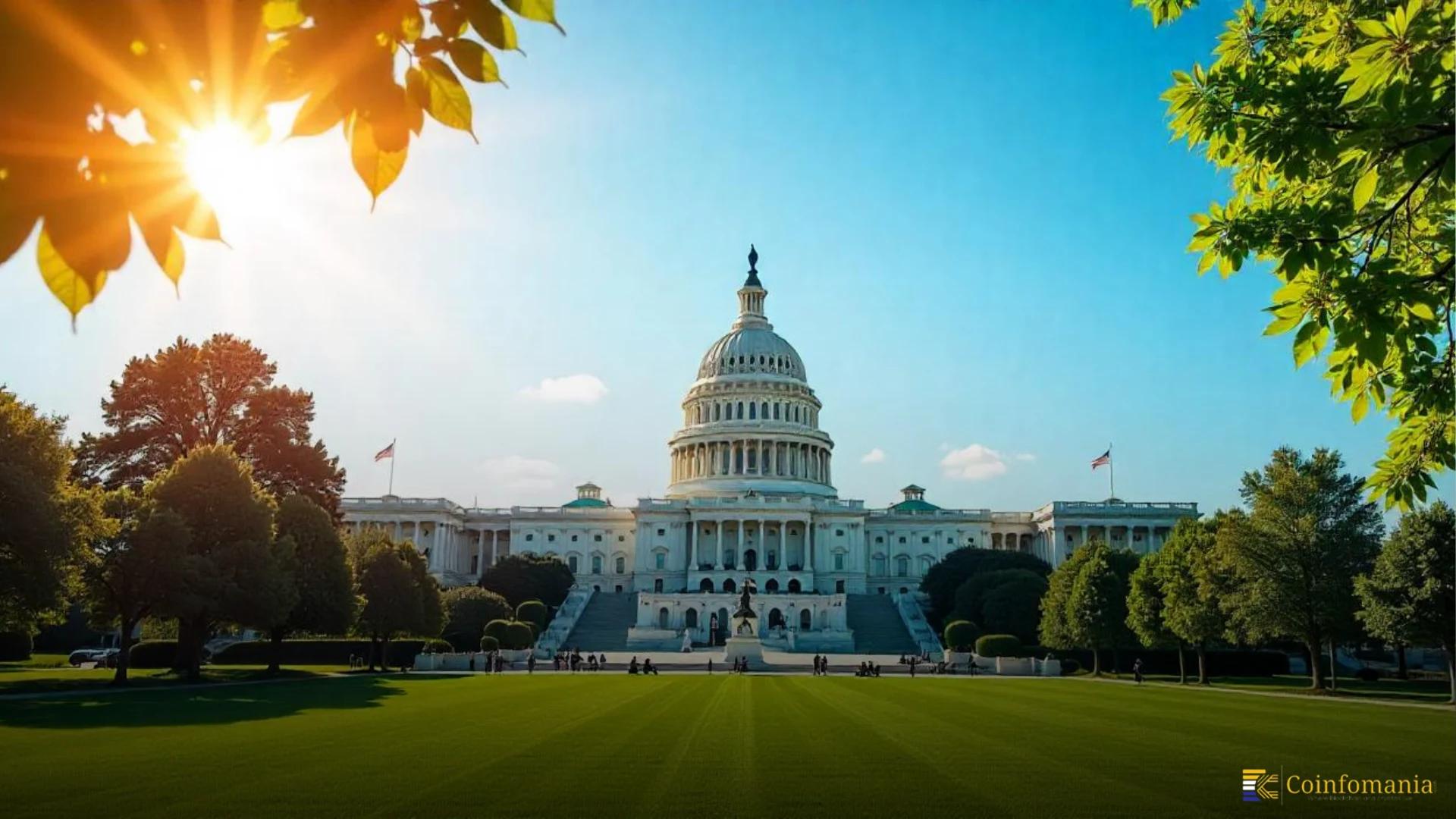Washington Power Shift Weakens CFPB’s Role in Crypto Industry Supervision
As Washington reshapes crypto oversight, the CFPB pulls back—raising questions about who will protect consumers in an increasingly complex digital asset landscape.

The Trump administration is changing how the U.S. government approaches cryptocurrency regulation. One of the significant actions is that the Consumer Financial Protection Bureau (CFPB) would step back from supervising the crypto sector. Economists are sounding the alarm that it may undermine protection for consumers in the fast-evolving digital asset market, particularly if the agency were subjected to budget reductions.
CFPB’s Role Reduced Amid Regulatory Shake-Up
The Consumer Financial Protection Bureau (CFPB), which was once regarded as a vital regulator for protecting bitcoin users, is now withdrawing from the industry. This shift comes as the Trump administration, now in its second term, seeks to reduce total regulation. According to a recent Cointelegraph report, the CFPB is reducing its crypto-related activities due to budget cuts and a shift in policy direction.
The role of the Consumer Financial Protection Bureau (CFPB) will likely be replaced with institutions like the Securities and Exchange Commission (SEC) and other state regulators taking the lead. This policy change is in line with the administration’s overall objective of stimulating innovation by eliminating what it sees as too much red tape, especially in emerging areas such as digital assets.In an interview with CoinTelegraph,Ethan Ostroff, a partner at Troutman Pepper Locke, said that,
“With the current administration, it appears very likely that the CFPB will markedly decrease its involvement, particularly as other regulators become more active.”
According to Ostroff, the CFPB is legally required to maintain some tasks, even though state regulators may assume parts of the bureau’s functions under the Consumer Financial Protection Act. The Trump administration’s objective of lowering federal debt and government spending, spearheaded by the Department of Government Efficiency (DOGE), aligns with this change in regulations.
State regulators such as the New York Department of Financial Services (NYDFS) and California’s Department of Financial Protection and Innovation (DFPI) under the Consumer Financial Protection Act will take over some of the duties that the CFPB would cut back on. The CFPB, however, will not be pulling out completely. Due to its legal obligations set by Congress, the agency will still be responsible for monitoring some parts of the cryptocurrency sector.
Russell Vought, who took over as head of the CFPB in February 2025, announced large budget cuts and reduced the agency’s activities just days after starting the role. In a post on his X account, he said:
“Pursuant to the Consumer Financial Protection Act, I have notified the Federal Reserve that CFPB will not be taking its next draw of unappropriated funding because it is not “reasonably necessary” to carry out its duties. The Bureau’s current balance of $711.6 million is in fact excessive in the current fiscal environment. This spigot, long contributing to CFPB’s unaccountability, is now being turned off.”
The crypto community has mixed views regarding the CFPB pulling back. Some believe it’s a positive development because it might make it simpler to develop new crypto projects and save on regulations. However, others are concerned that without strict regulations, individuals could get ripped off, lose money, or use insecure platforms. While some in the crypto community believe that there were too many regulations in the past, consumer protection groups maintain that this shift may make it more dangerous for consumers.
Follow us on Google News
Get the latest crypto insights and updates.


